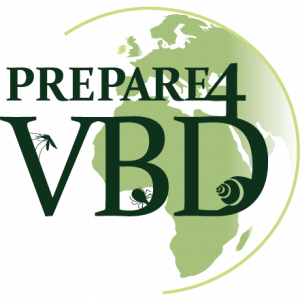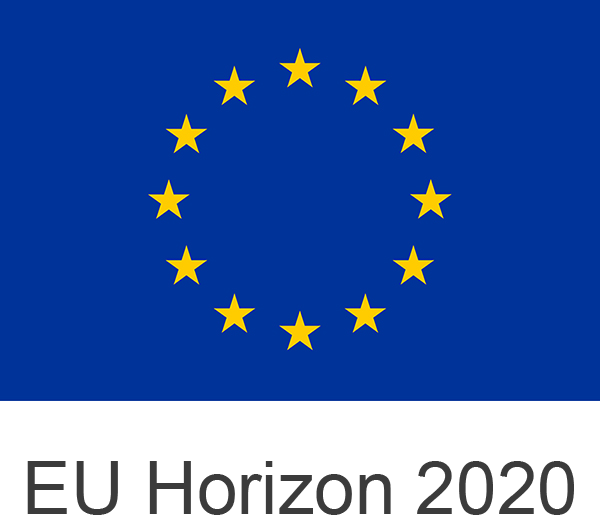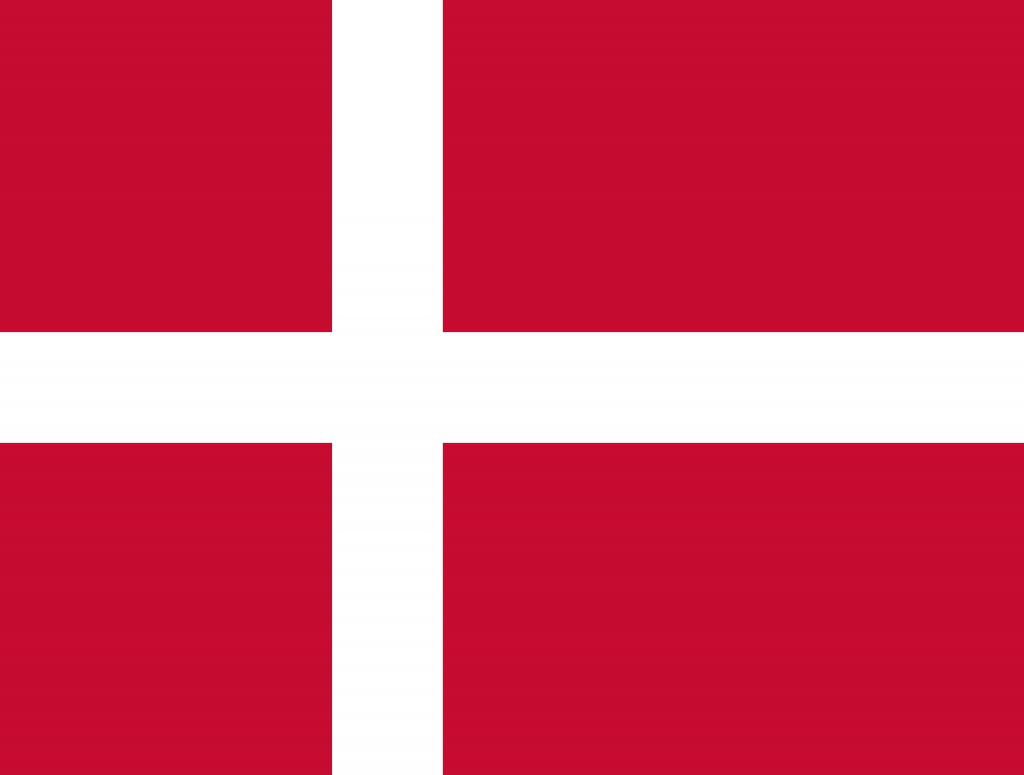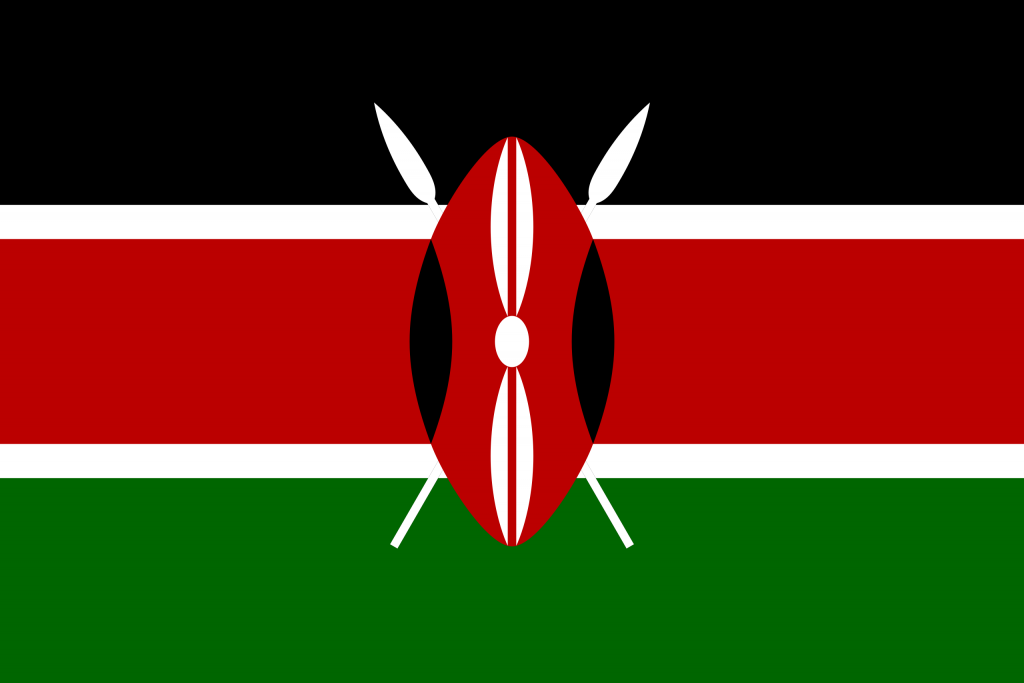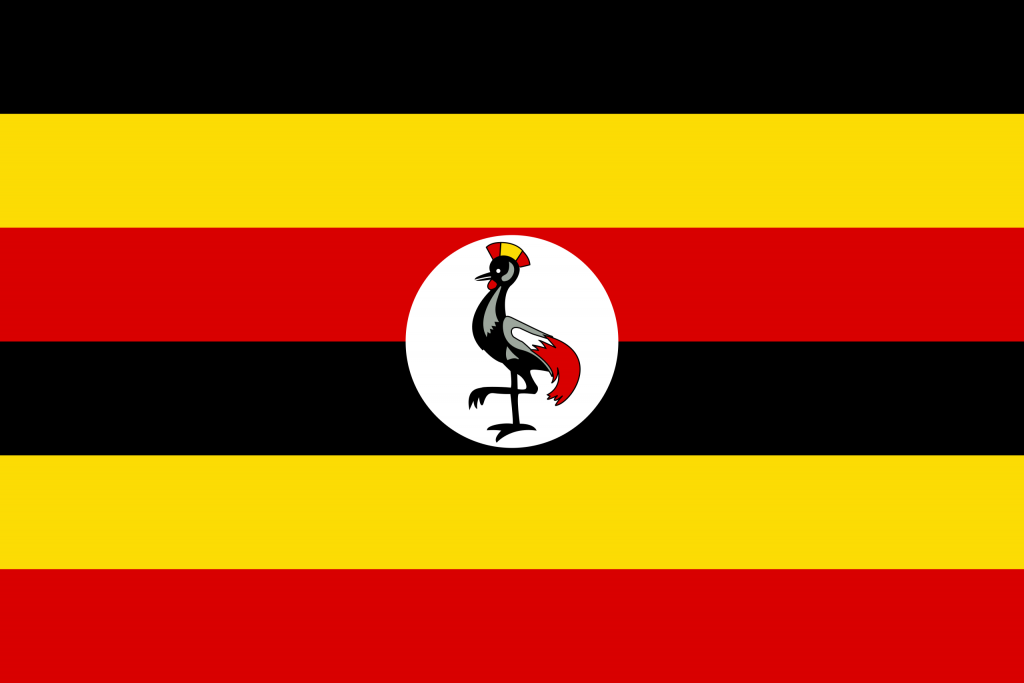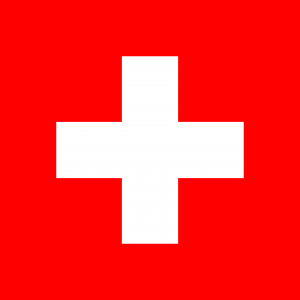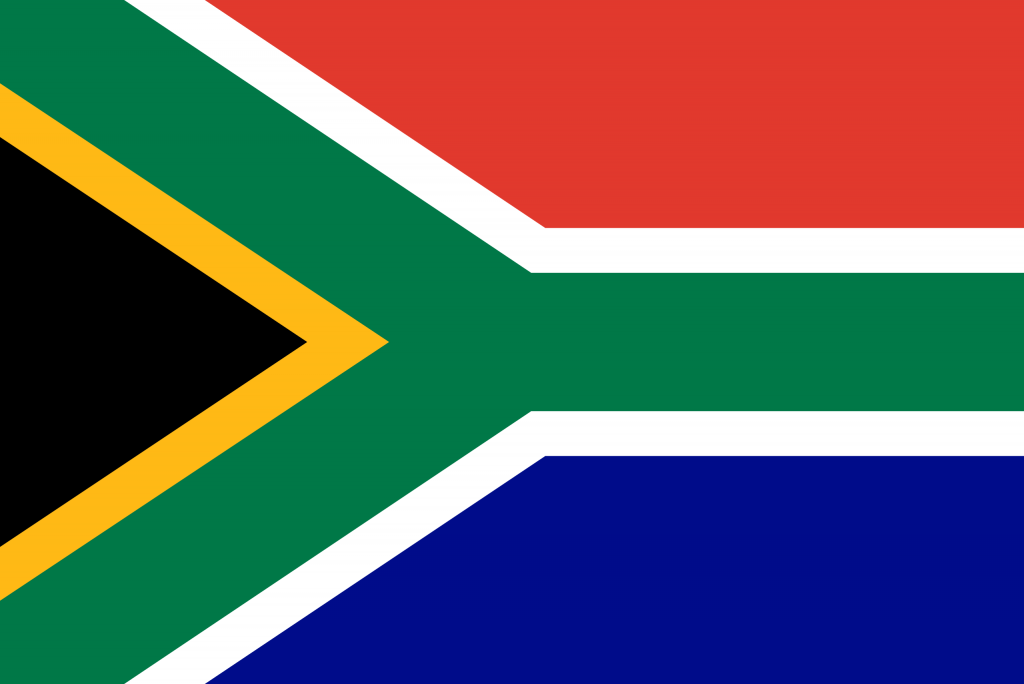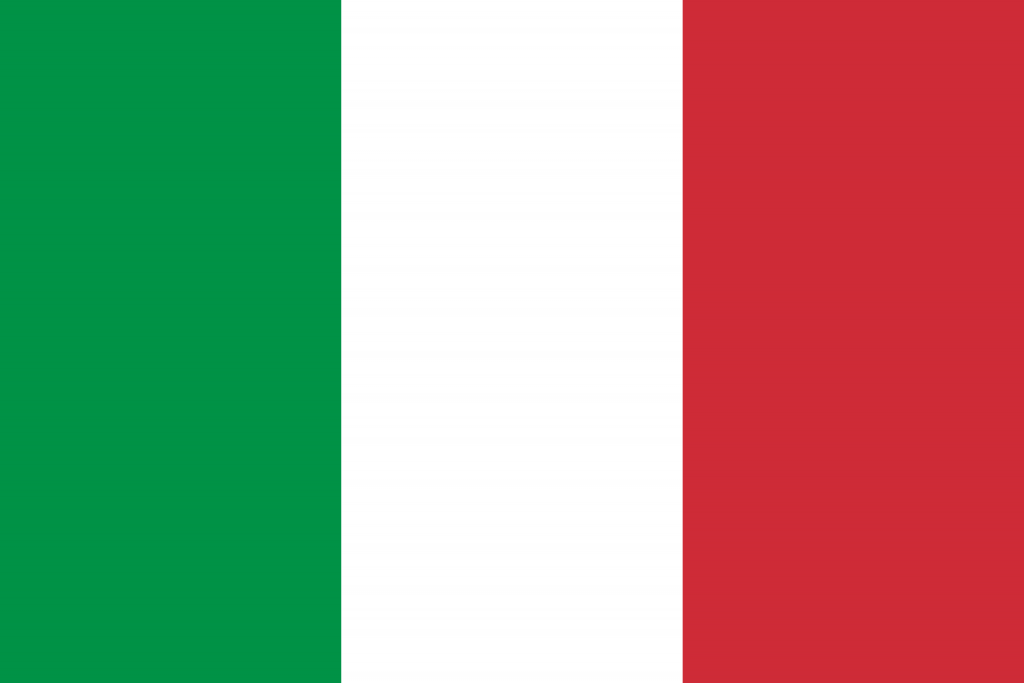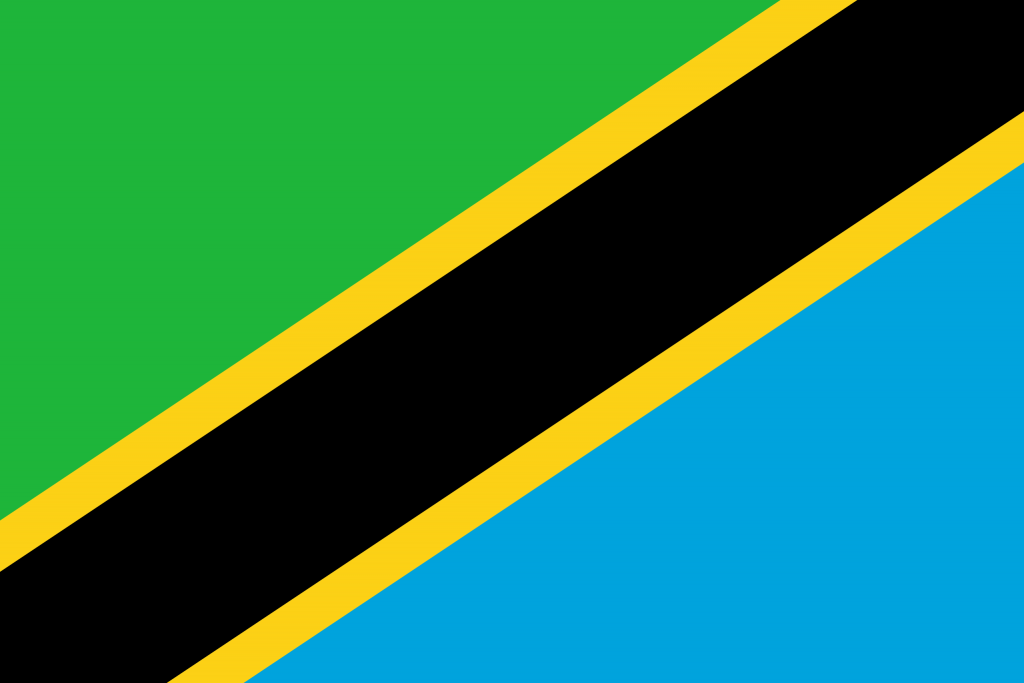Consortium
The PREPARE4VBD Consortium consists of 10 university and ministerial partners in Africa and Europe. The consortium is highly complementary in terms of the expertise and multi-disciplinarity, including veterinary and human health, anthropology/social science, epidemiology, disease- and vector biology and ecology, molecular biology, movement ecology, biostatistics and modelling in relation to tick- mosquito- and snail-borne diseases. The broad geographic coverage of the Consortium partners, which spans the entire gradient of the different ecosystems and climates in which the target PREPARE4VBD target diseases and vectors are distributed, underscores the important Pan-African-European dimension needed to tackle global challenges such as emerging and re-emerging vector-borne diseases. Below you will find details about each partner institution.
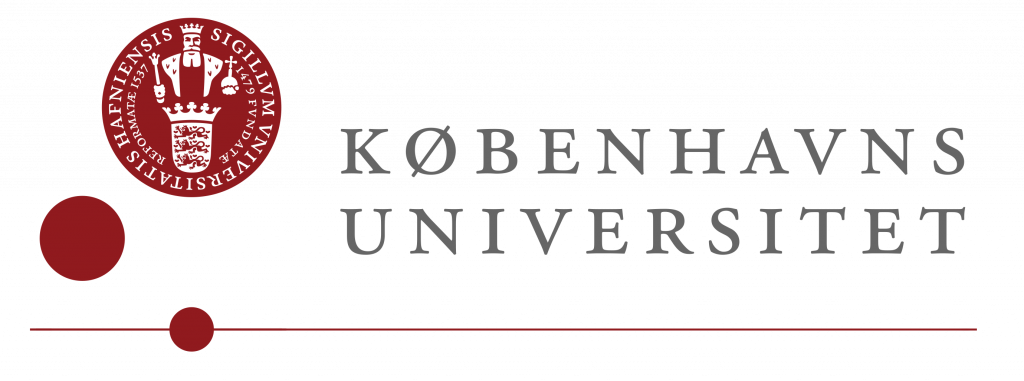
UNIVERSITY OF COPENHAGEN (COORDINATOR)
University of Copenhagen (UCPH) in Denmark coordinates, manages, and administers the PREPARE4VBD project overall. Two departments at the Faculty of Health at UCPH are involved; GLOBE Institute and the Department of Veterinary and Animal Sciences (IVH), bringing together experts in disease ecology, omics technology, molecular detection and diagnostics, environmental DNA, medical anthropology, veterinary medicine, and extensive experience in managing EU-funded, international collaborative projects.

THE INTERNATIONAL CENTRE OF INSECT PHYSIOLOGY AND ECOLOGY
International Centre of Insect Physiology and Ecology (icipe), located in Nairobi, Kenya, is a premiere Centre for arthropod science to improve health and food security in Africa. Icipe has extensive experience and expertise in sampling ticks and mosquitoes in the field and using molecular biology and chemical ecology to study vector-borne disease epidemiology and risk factors in Africa. Icipe is leading WP3 on improved tools for rapid detection and field-based molecular surveillance of VBDs, but will also contribute to a number of other WPs, including WP4 on the hologenomics approach to assess vector competence and adaptive capacity together with UCPH, and WP5: Disease susceptibility of European and African cattle breeds. Lastly, icipe engages in the capacity building (WP8) and regional training through workshops in Kenya.
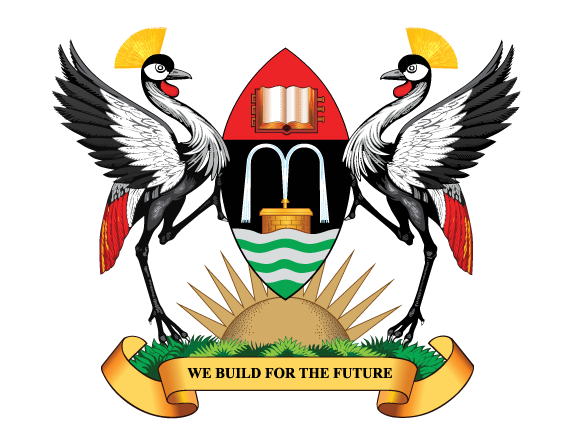
MAKERERE UNIVERSITY
Located in Kampala, Uganda, Makerere University (MAK) is highly recognized internationally for its research in infectious diseases research and has become a hub for One Health workforce development to detect and manage infectious disease outbreaks. MAK focuses on advancing major global development functions and services including: 1) Veterinary Services, 2) Animal Resources Development and 3) Biomedical Laboratory sciences 4) Biomolecular Resources and 5) Biosecurity education and services for livelihood, public health, security and ecosystems sustainability and development. MAK is engaged in several WPs of PREPARE4VBD, but will primarily work in WP6 on impacts of climate change on snail-borne diseases in collaboration with the Ugandan Ministry of Health, The Vector Control Division (VCD) on collecting snail and livestock samples to investigate transmission zones of bovine fasciolosis and vector snails along elevational gradients in Uganda. MAK will furthermore contribute to WP3 on the testing early detection tools, tick collections in WP4, WP7 (ecological niche modelling of RFV) and to several tasks in WP8 concerning stakeholders.

THE SWISS TROPICAL AND PUBLIC HEALTH INSTITUTE
The Swiss Tropical and Public Health Institute (Swiss TPH) is Switzerland’s leading public and global health institution. Associated with the University of Basel, Swiss TPH combines research, service provision, education, and training at the local, national and international level. The Swiss TPH has an international reputation recognizing quality achievements in medical parasitology and infection biology, immunology and genetics, epidemiology and public health, service provision for international health, health economics and systems planning, medicines research and clinical trials, and medical services and diagnostics. The Swiss TPH is responsible for leading WP2 on estimating disease risk and vector distributions and WP7 on model-based surveillance and early warning under the lead of Prof. Penelope Vounatsou, head of Biostatistics Unit. In addition, Prof. Jakob Zinsstag, Head of the Human and Animal Health Unit, engages in the capacity building and public engagement work of WP8.

UNIVERSITY OF BERN
The Division of host-pathogen interaction at University of BERN (UBERN) has a focus on synthetic genomics and different infectious diseases. The team deciphers virulence traits as well as pathogenicity mechanisms and contributes to the improvement & development of vaccines and diagnostic assays. In PREPARE4VBD UBERN) leads WP5 on disease susceptibility of European and African cattle breeds, that will elaborate an ex vivo assay for its use to monitor bovine breed susceptibilities towards infections with the PREPARE4VBD target pathogens. UBERN will also contribute to WP3 on improved tools for rapid detection and field-based molecular surveillance of VBDs in collaboration with icipe.
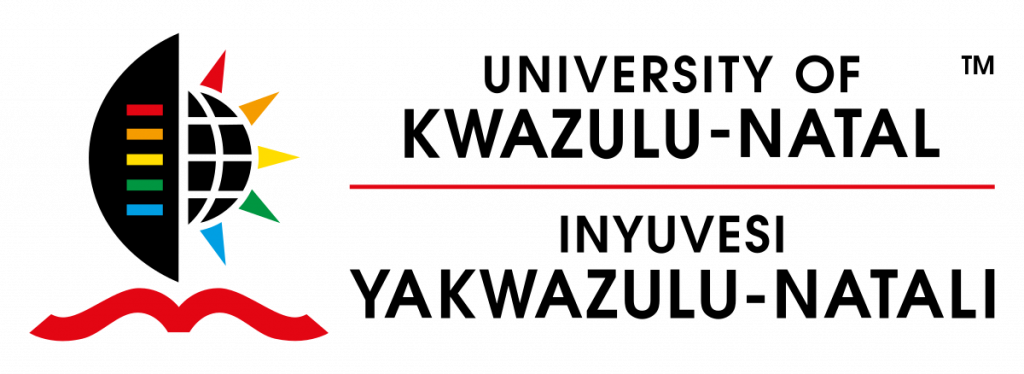
UNIVERSITY OF KWAZULU-NATAL
University of KwaZulu-Natal (UKZN) in South Africa is one of the leading universities in Africa and broad spectrum research on neglected zoonoses such as cysticercosis, tick-borne rickettsioses, fasciolosis, trichniellosis, tuberculosis, echinococcosis, schistosomiasis and snail intermediate hosts for human and animal diseases are ongoing. UKZN contributes to the majority of the WPs of PREPARE4VBD, but with a focus on molecular systematics of snail-borne parasites, eco-epidemiology, tick-borne rickettsial infections and GIS tools. Moreover, UKZN is the leading partner of WP6 aiming to explore and determine the relative impact of climate change on vector and pathogen distributions and densities, using fascioliasis as a case. UKZN also contributes to WP3 to test eDNA for snail-borne diseases detection, to WP9 – Dissemination, Exploitation and Communication and take active part in WP8 – Training for capacity building and stakeholder engagement.

UNIVERSITA DEGLI STUDI DI NAPOLI FEDERICO II
The University of Naples Federico II (UNINA) in Italy provides research and diagnostic services related to endoparasites (protozoa and helminths) and ectoparasites (ticks, mosquitoes), including vectors (snails and arthropoda) and vector-borne infections. Field activities are conducted on livestock farms for surveillance and control of endo and ectoparasites. The expertise of innovative technologies for diagnosis and geospatial tools for epidemiology plays a central role in the research activities ongoing. UNINA mainly contributes to WP3 on improved tools for rapid detection and field-based molecular surveillance of VBSs by taking lead developing a pen-side automated diagnosis of snail-borne infections in cattle. Furthermore, UNINA contributes to WP4 on mapping the distribution and magnitude of movement of tick vectors and pathogens across the climatic/latitudinal gradient – Africa/Mediterranean/North Europe. UNINA are also involved in WP6 on impacts of climate change on snail-borne disease distribution and will perform experiments to test the effect of temperature on Fasciola-snail disease transmission. UNINA also contributes to WP 8 and WP9 on capacity building and dissemination.
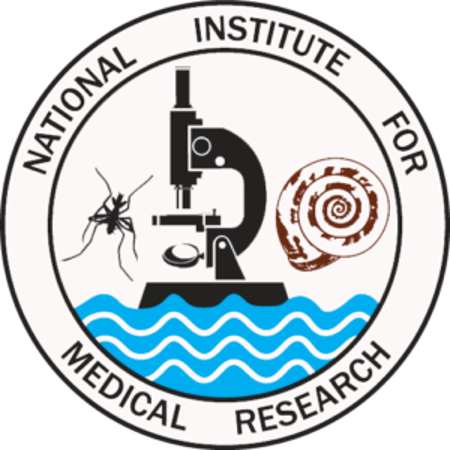
NATIONAL INSTITUTE FOR MEDICAL RESEARCH
The National Institute for Medical Research (NIMR) is a public health research institution of the government of Tanzania established by act of parliament No. 23 of 1979 and mandated to carry out health research in Tanzania and promote utilization of research findings for policy making and practice. NIMR Mwanza centre is one of the major centres of NIMR located in Mwanza City on the Southern shores of Lake Victoria. Research activities at NIMR Mwanza centre focuses on schistosomiasis and other neglected tropical diseases, malaria, TB, HIV/AIDS and other communicable and non-communicable diseases. NIMR contributes to most of the WPs in PREPARE4VBD, but focusing on fascioliasis and other trematode zoonotic and livestock infections investigated in WP6 and in WP3 to develop and test improved tools for rapid detection and field-based molecular surveillance of VBDs, such as the testing of environmental DNA (eDNA) tool for snail-parasite eDNA detection.
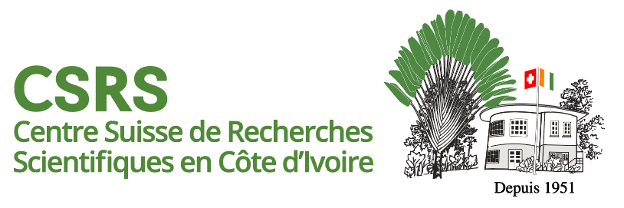
CENTRE SUISSE DE RECHERCHES SCIENTIFIQUES EN CÔTE D'IVOIRE
Centre Suisse de Recherches Scientifiques en Côte d’ivoire (CSRS) is a research institute located in Côte d’Ivoire specialized in multi-, inter-, and transdisciplinary research in the frame of equity-effectiveness of interventions that go from innovation to policy development together with decision makers and research end users. CSRS is part of the scientific committee of West African Health Organisation and health Centre of excellence of Global health Foundation/ Accordia. CSRS is the leading partner on training for capacity building and stakeholder engagement and is in charge of WP8 tasks and responsibilities. CSRS coordinates the contribution from all partners in the consortium and ensure coherence of activities with other WPs. CSRS also contributes to all other work package in the co-design of training tools and method, the implementation of training and capacity building program.
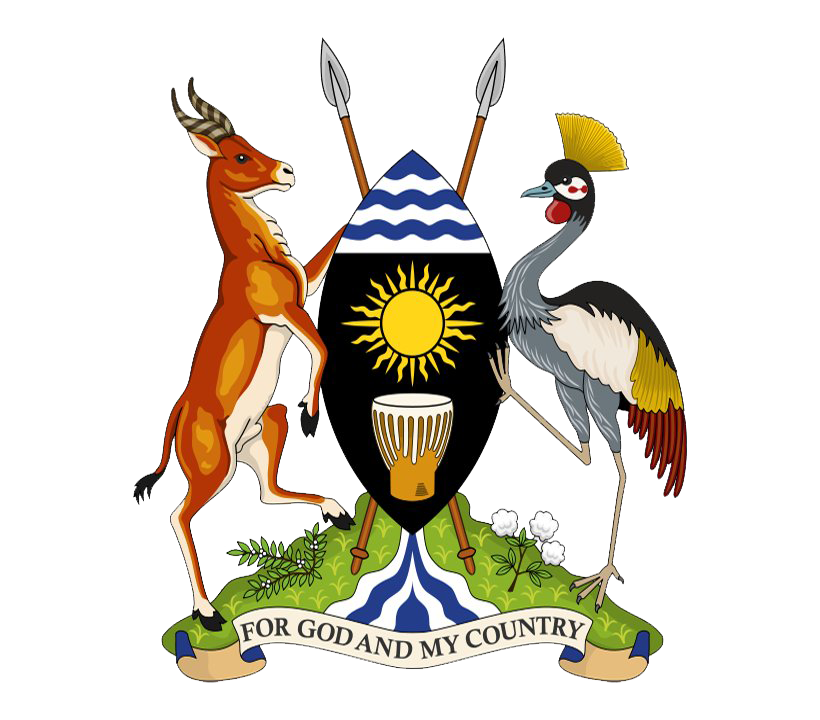
VECTOR BORNE & NEGLECTED TROPICAL DISEASE CONTROL DIVISION
MINISTRY OF HEALTH
The Vector Control Division (VCD) is one of the specialized units in the Ministry of Health, Uganda, with the aim to prevent, control and eliminate Neglected Tropical Diseases (NTDs) of the highest public health importance and holds high expertise in snail borne diseases. VCD contributes to the majority of the WPs in PREPARE4VBD, but in particular to WP6. Together with University of KwaZulu-Natal (UKZN), VCD explores and determines the relative impact of climate change on vector and pathogen distributions and densities, past and future, with a focus on snail-borne trematodes, primarily fascioliasis.
